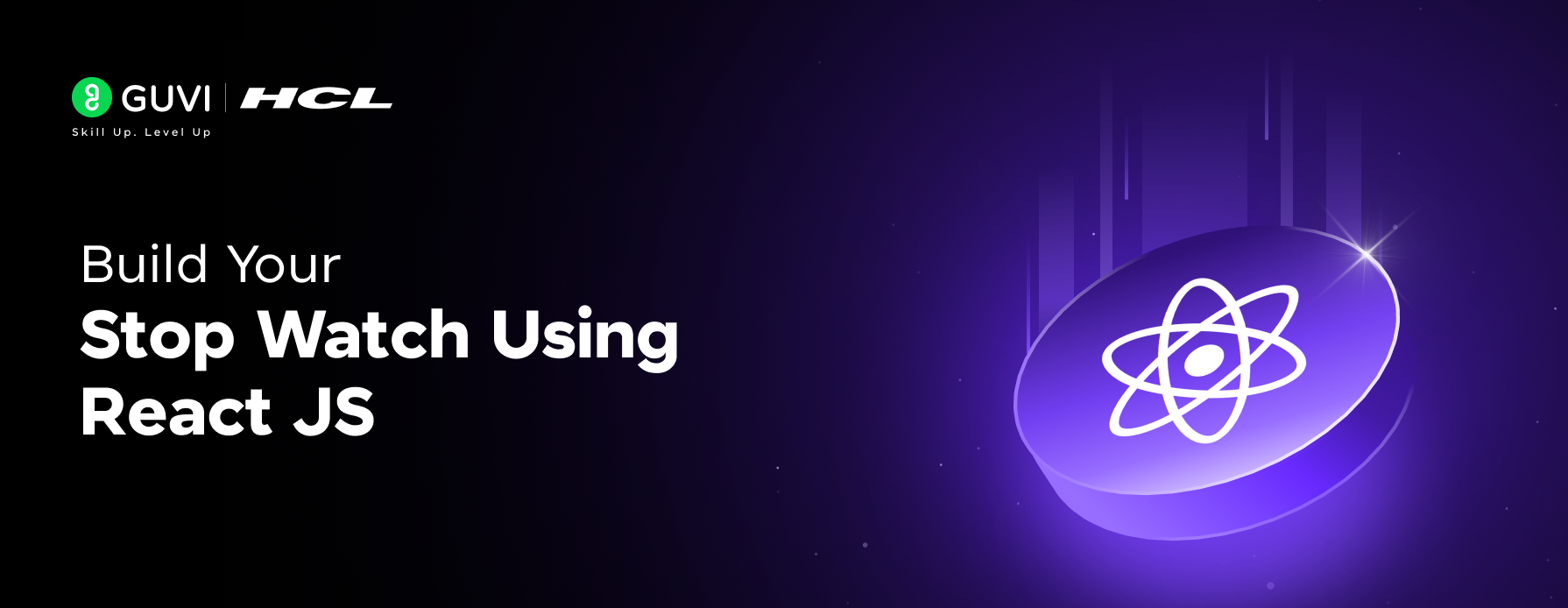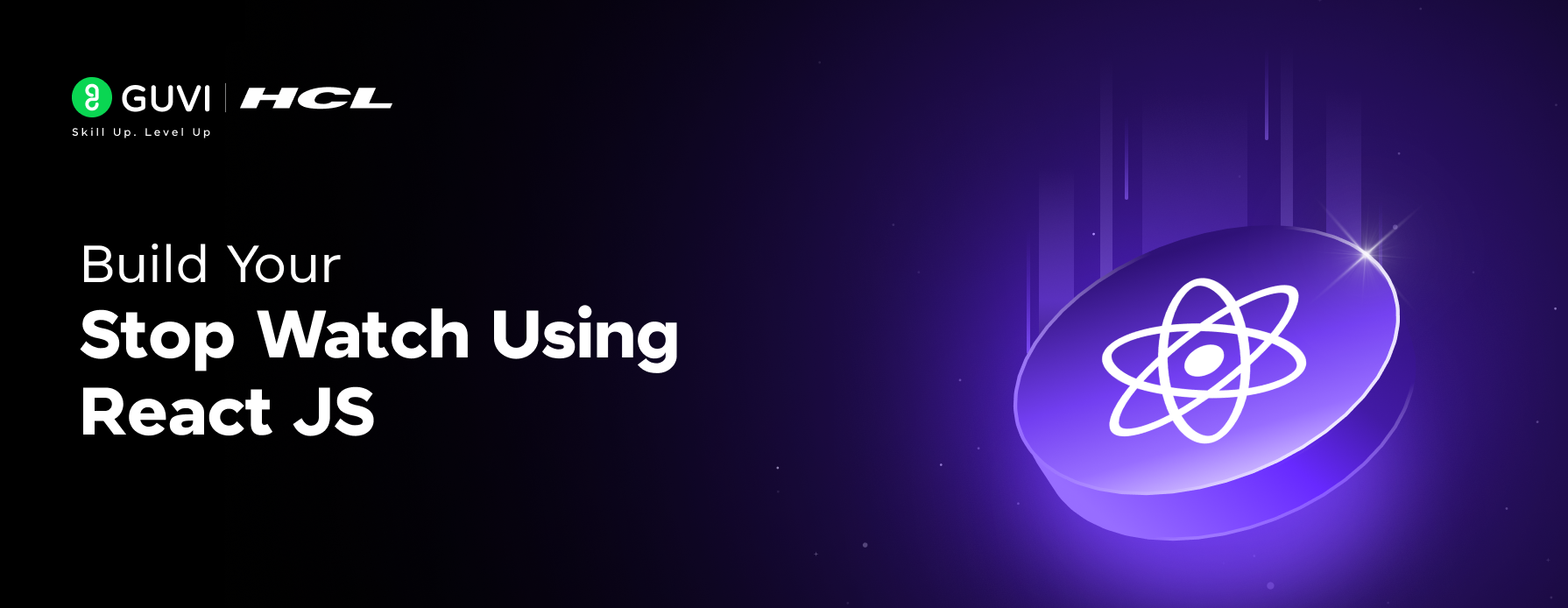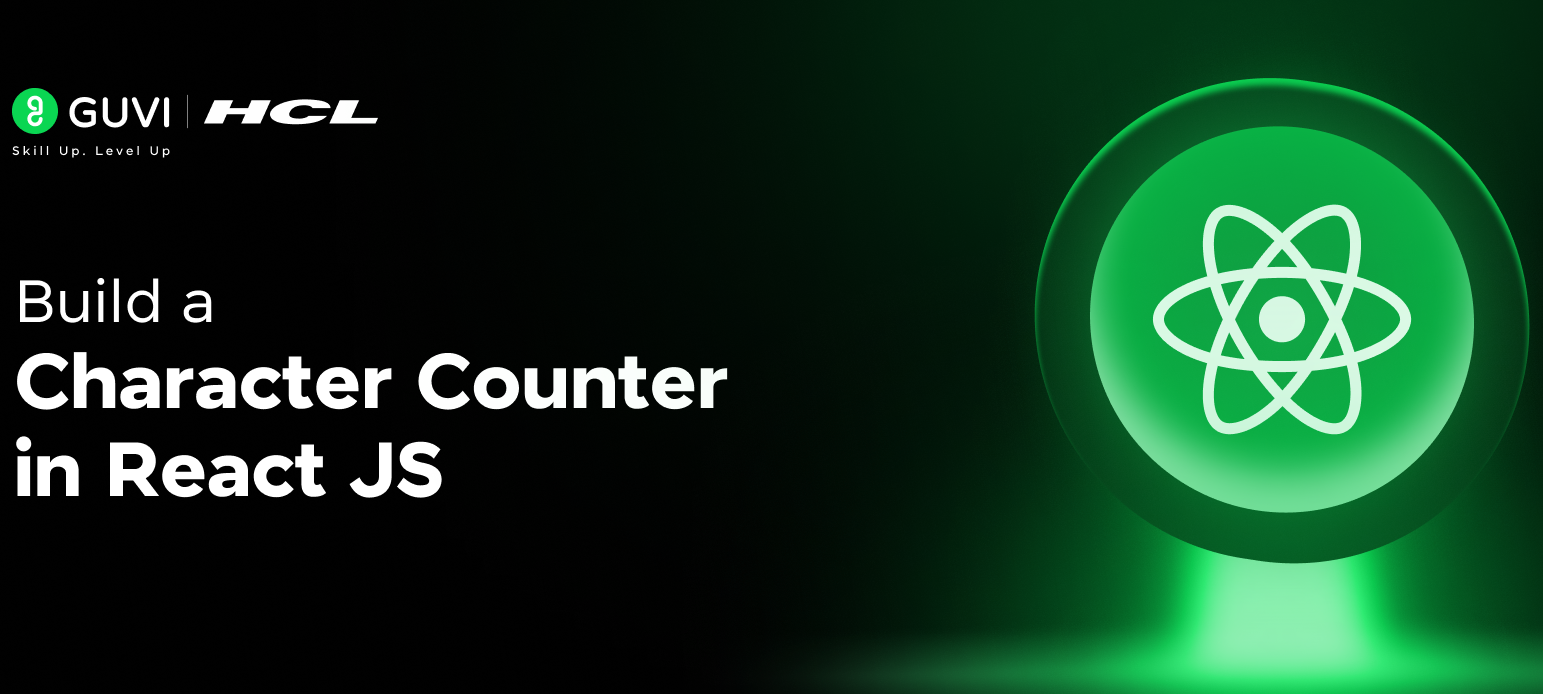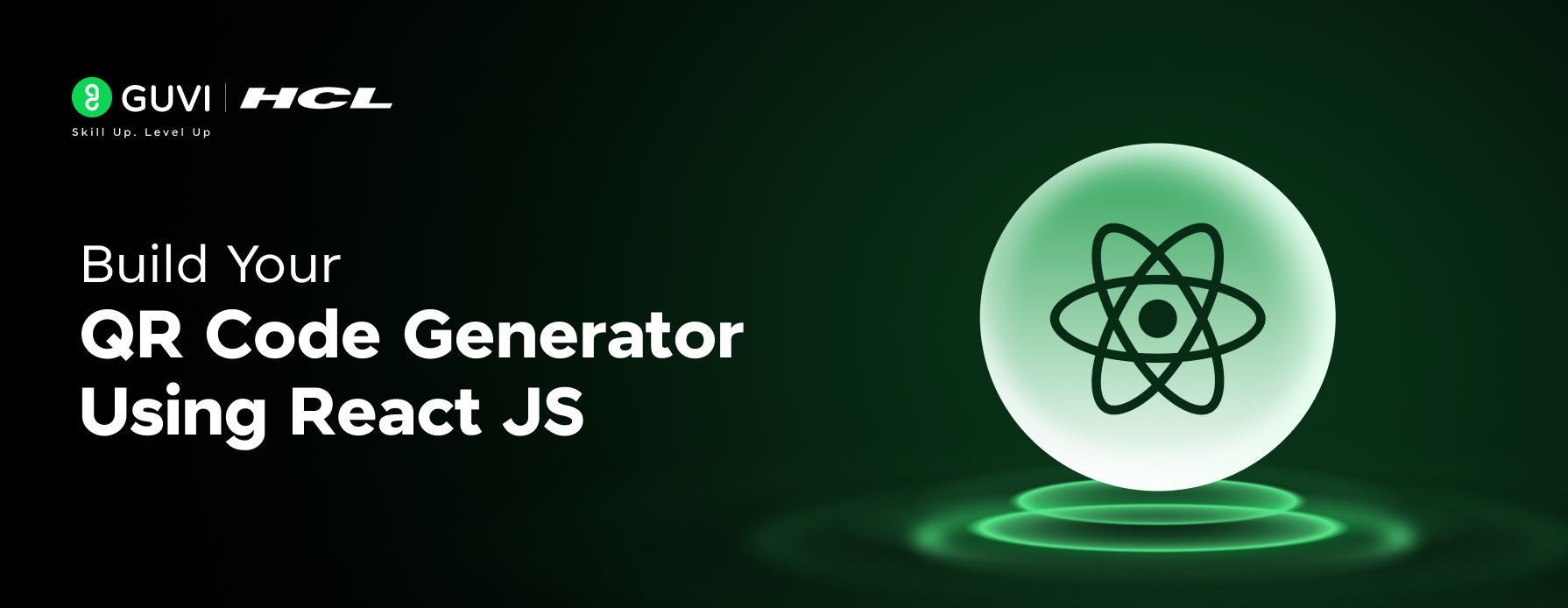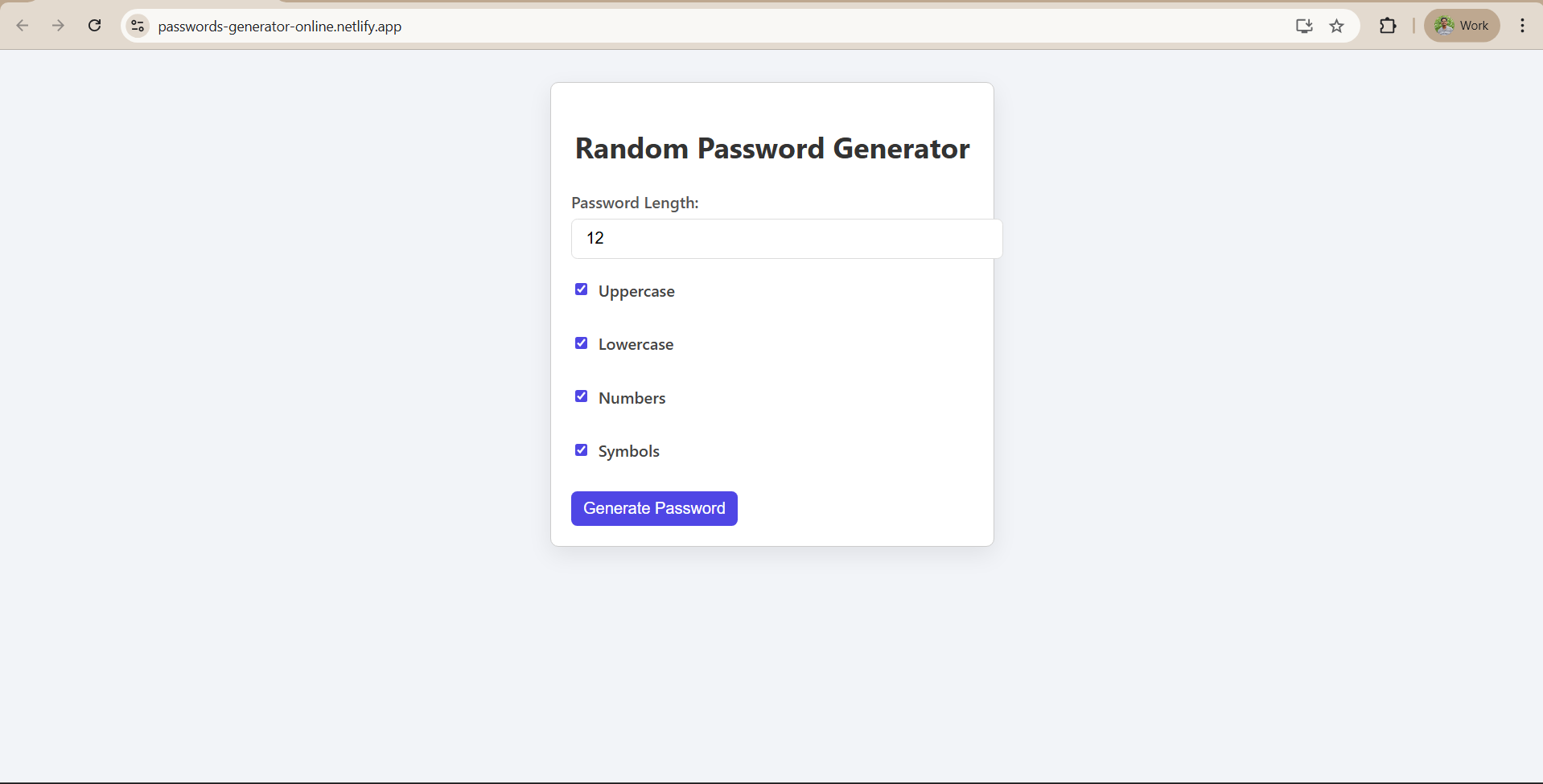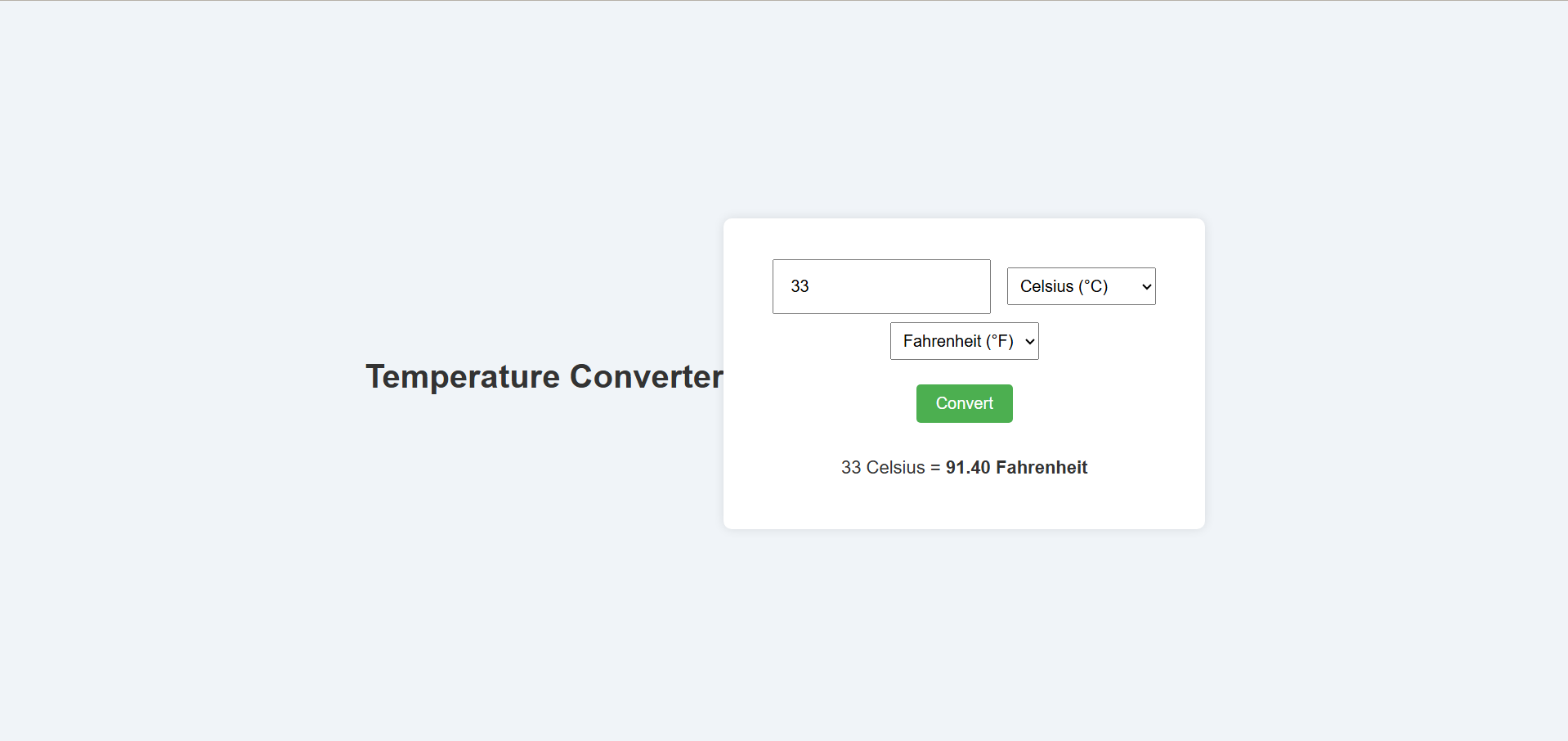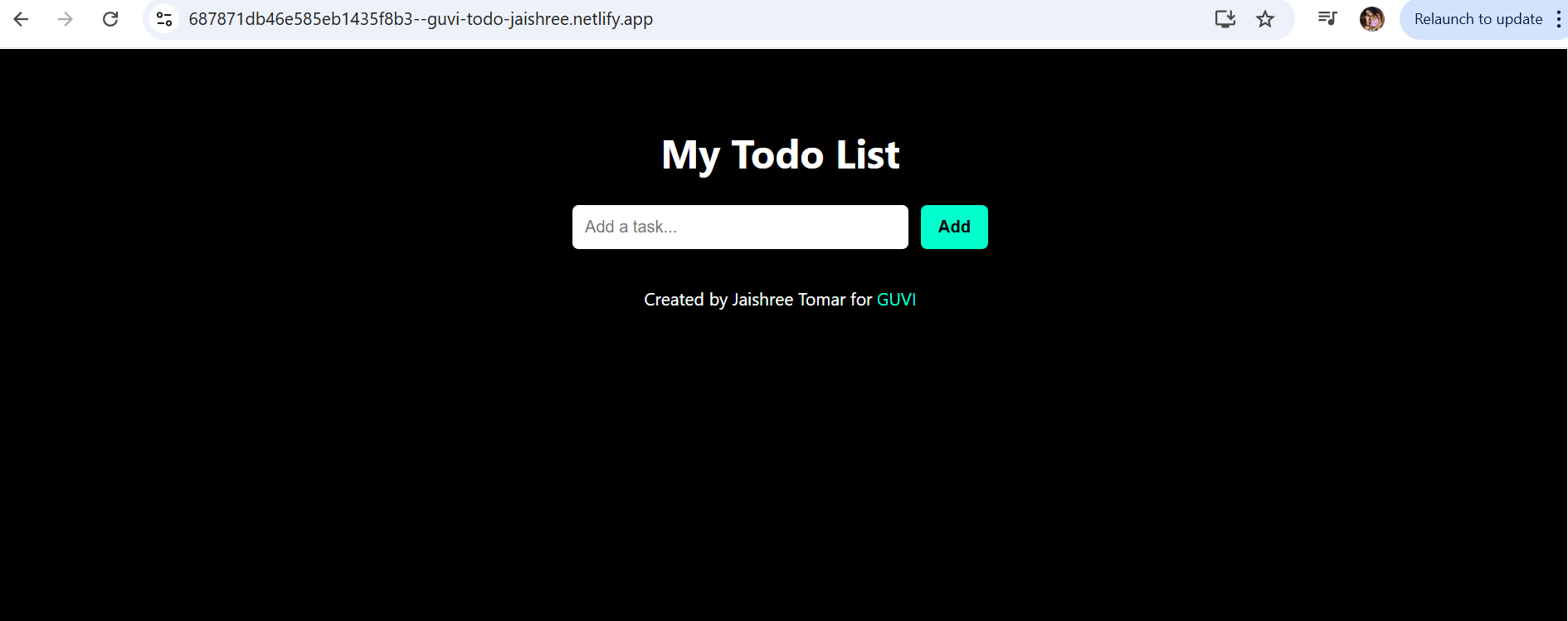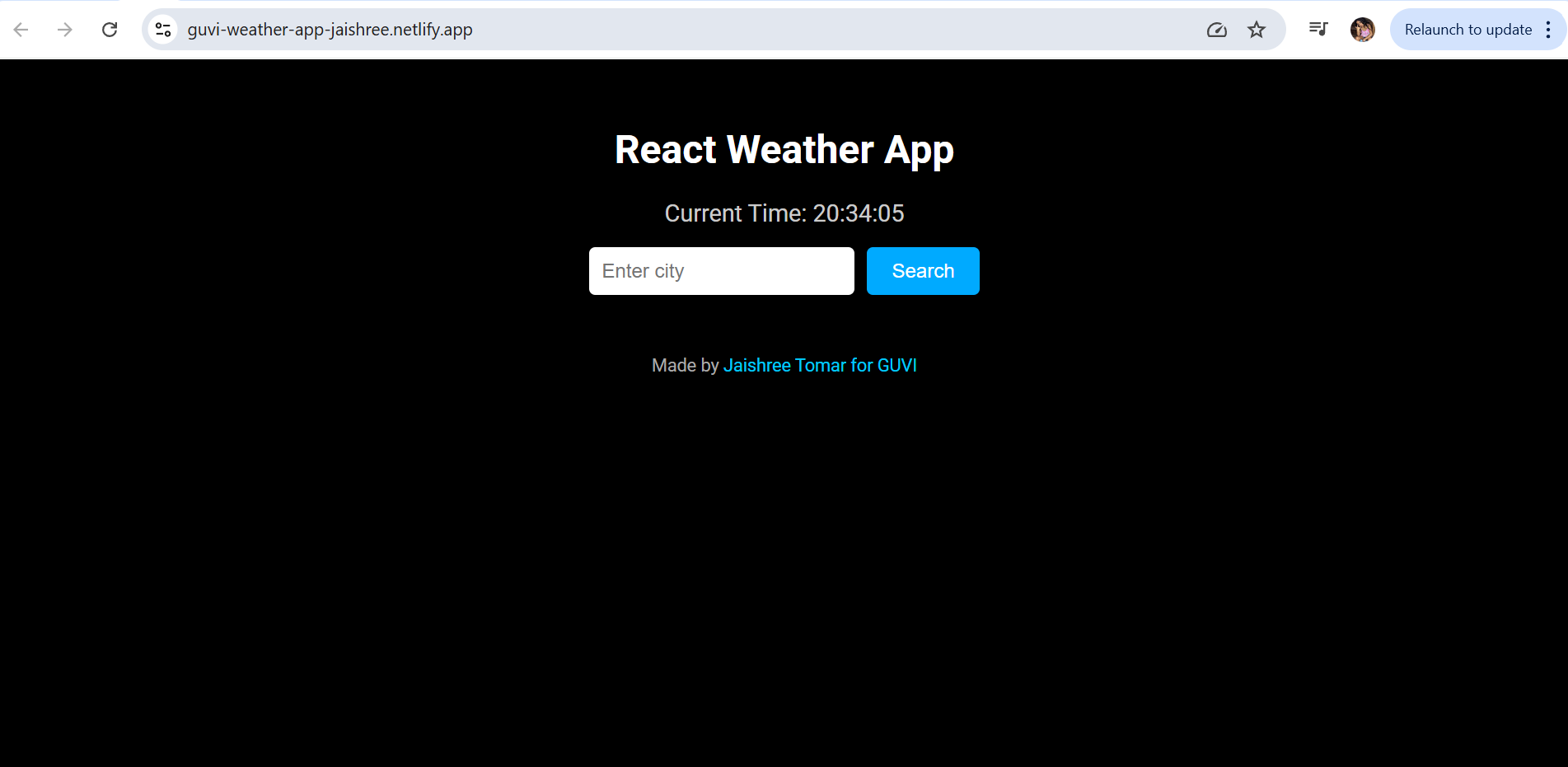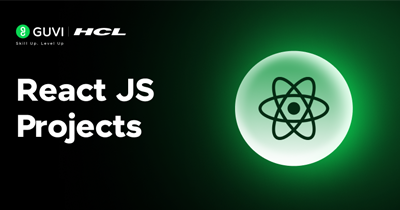Pointers in Cpp
Pointers in C++ are variables that store memory addresses, allowing indirect access to data. Instead of holding the data, pointers point to the location in memory where the data is stored. They are crucial in memory management, data manipulation, and dynamic memory allocation.
Pointers are important for tasks like efficient memory handling, accessing array elements, implementing data structures, and passing parameters by reference in functions. They enable direct manipulation of data and provide flexibility in managing memory resources.
Pointer syntax involves declaring a pointer variable using an asterisk (*) and performing operations like dereferencing, accessing memory addresses, and using pointer arithmetic for array traversal. These operations allow efficient data manipulation and memory allocation in C++.
Declaring and Initializing Pointers
A. Syntax for Declaring Pointers
Pointers in C++ are declared by specifying the data type followed by an asterisk (*) and the pointer name. Here's an example of declaring a pointer to an integer:
int* ptr;This declares a pointer named ptr that can store the memory address of an integer variable.
B. Initializing Pointers with Memory Addresses
Pointers are typically initialized by assigning them the memory address of a variable using the address-of operator (&). Here's an example of initializing a pointer with the memory address of an integer variable named num:
int num = 10;
int* ptr = #This assigns the memory address of the num variable to the pointer ptr.
C. Null Pointers and Initialization
Pointers can be initialized with a null value, indicating that they do not currently point to any valid memory address. This is done by assigning the value nullptr (C++11 onwards) or NULL (pre-C++11) to the pointer. Here's an example of initializing a pointer with a null value:
int* ptr = nullptr; // or int* ptr = NULL;Initializing pointers with null values is important to avoid accessing invalid memory addresses.
Accessing and Manipulating Data through Pointers
A. Dereferencing Pointers
Dereferencing a pointer allows us to access the value stored at the memory address it points to. This is done by using the dereference operator (*) in front of the pointer. Here's an example:
int num = 10;
int ptr = # // pointer initialized with the address of num
cout << *ptr; // output: 10 (dereferencing ptr to access the value)B. Using Pointers to Modify Variable Values
Pointers can be used to modify the value of a variable indirectly by dereferencing the pointer and assigning a new value. Here's an example:
int num = 10;
int ptr = # // pointer initialized with the address of num
*ptr = 20; // modifying the value of num indirectly through ptr
cout << num; // output: 20 (value of num is changed through the pointer)C. Pointer Arithmetic and Array Access
Pointers can be used for array access and pointer arithmetic. By incrementing or decrementing the pointer, we can navigate through elements of an array.
Pointer arithmetic allows us to access elements of an array by treating the pointer as an iterator.
Dynamic Memory Allocation
A. The 'new' and 'delete' Operators
In C++, the 'new' operator is used to dynamically allocate memory for variables or objects. In contrast, the 'delete' operator deallocates the dynamically allocated memory. Here's an example:
int *ptr = new int; // dynamically allocate memory for an integer
*ptr = 10; // assign a value to the dynamically allocated memory
delete ptr; // deallocate the memory'B. Allocating Memory for Single Variables
Dynamic memory allocation allows us to allocate memory for a variable at runtime. Here's an example:
int ptr = new int; // dynamically allocate memory for an integer
*ptr = 10; // assign a value to the dynamically allocated memory
cout << *ptr; // output: 10 (accessing the dynamically allocated memory)
delete ptr; // deallocate the memoryC. Allocating Memory for Arrays
Dynamic memory allocation can also be used to allocate memory for arrays.
Remember to use the 'delete[]' operator when deallocating memory for dynamically allocated arrays to ensure proper deallocation.
Pointers and Functions
A. Passing Pointers as Function Arguments
Pointers can be passed as function arguments to allow the function to access and modify the data outside its scope. This enables functions to work directly on the original data. Here's an example:
void modifyValue(int* ptr) {
*ptr = 20; // modify the value of the variable pointed to by ptr
}
int num = 10;
modifyValue(&num); // pass the address of num to the function
cout << num; // output: 20 (num is modified by the function)B. Returning Pointers from Functions
Functions in C++ can also return pointers. This is useful when we want to dynamically allocate memory inside a function and return the allocated memory address to the calling code.
C. Pointer Parameters and Modifying Variables
Pointers can be used as function parameters to modify variables outside the function's scope. By passing the address of a variable, the function can directly modify its value. Here's an example:
void modifyValue(int* ptr) {
*ptr = 20; // modify the value of the variable pointed to by ptz
}
int num = 10;
modifyValue(&num); // pass the address of num to the function
cout << num; // output: 20 (num is modified by the function)By modifying the value through a pointer parameter, the changes are reflected in the original variable.
Pointers and Data Structures
A. Pointers and Arrays
Pointers and arrays are closely related in C++. An array name acts as a pointer to the first element of the array.
B. Pointers and Strings
Strings in C++ are represented as arrays of characters. Pointers can be used to access and manipulate strings.
C. Pointers and Structures
Pointers can also work with structures in C++. We can allocate memory dynamically for structures and access their members through pointers.
Pointers allow us to work efficiently with complex data structures like arrays of structures and linked lists.
Common Pitfalls and Best Practices
A. Dangling Pointers and Memory Leaks
One common pitfall is having dangling pointers, which are pointers that point to deallocated memory. It is crucial to avoid using such pointers as they can lead to undefined behavior. Additionally, failing to deallocate dynamically allocated memory can result in memory leaks, where the memory is not released properly. To avoid these issues, always deallocate memory using the 'delete' or 'delete[]' operator when it's no longer needed.
int createInt() {
int* ptr = new int(5); // dynamically allocate memory
return ptr; // returning the pointer
}
int ptr = createInt(); // assigning the returned pointer
delete ptr; // deallocate the memory when doneB. Managing Memory Allocation and Deallocation
Proper management of memory allocation and deallocation is essential. Allocate memory using 'new' or 'new[]', and deallocate it using 'delete' or 'delete[]' to free up the allocated memory. Ensure that memory is deallocated appropriately to prevent memory leaks and optimize memory usage.
int arr = new int[5]; // dynamically allocate memory for an array delete[] arr; // deallocate the memory for the arrayC. Proper Use of Pointers to Avoid Errors
To avoid errors when working with pointers, follow some best practices:
int* ptr = nullptr; // initialize the pointer to nullptr
if (ptr != nullptr) {
*ptr = 10; // check if the pointer is valid before dereferencing
}
int* ptr = new int(5);
delete ptr;
ptr = nullptr; // set the pointer to nullptr after deallocationBy following these best practices and incorporating these code snippets, you can mitigate common pitfalls associated with pointers and ensure safe and efficient memory management in your C++ programs.
Conclusion
Pointers are a fundamental concept in C++ that allows us to work with memory directly. Throughout this presentation, we have covered the definition of pointers, their importance and usage, syntax and operations, and their applications in various contexts. Understanding pointers is crucial as they provide flexibility, efficiency, and control in programming. By mastering pointers, you can unlock the ability to manipulate data structures, allocate memory dynamically, and optimize your code. We encourage you to explore pointers further, practice using them in your programs, and deepen your understanding through experimentation and hands-on coding. Embrace the power of pointers and elevate your C++ programming skills






